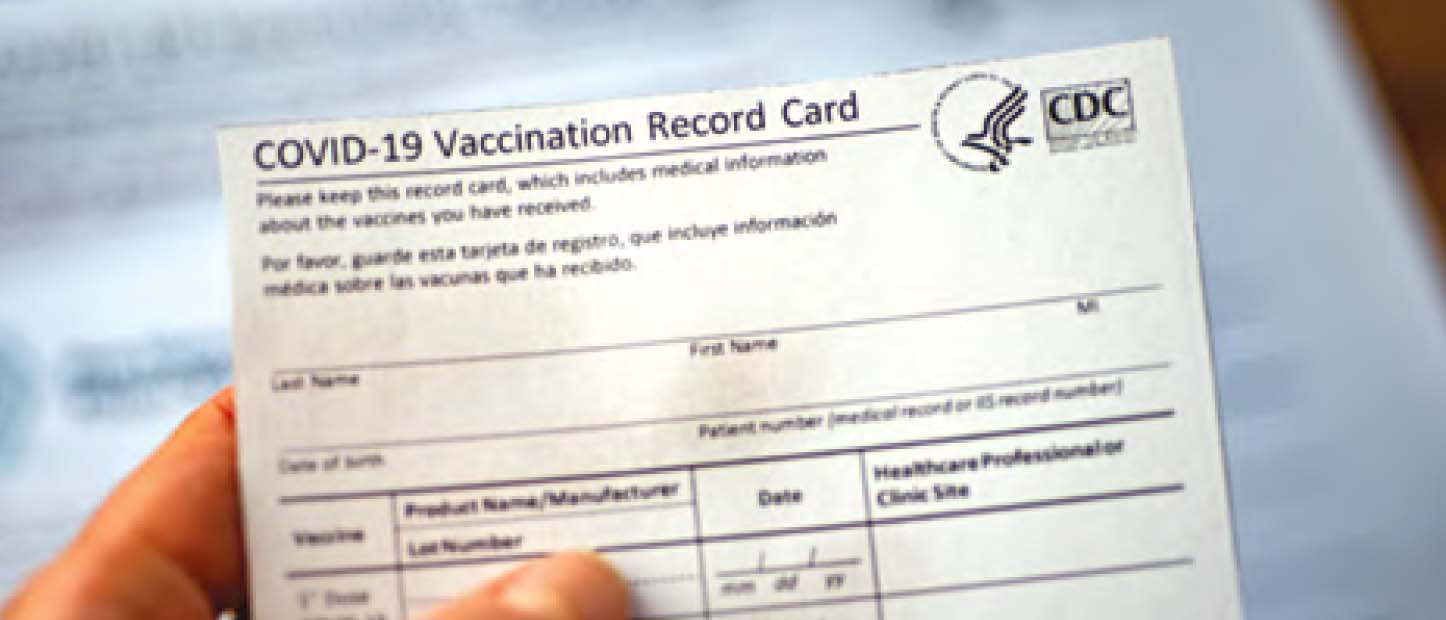
Fact or Fiction – Processed Meats

In late October 2015, a report was released by the World Health Organization’s (WHO) cancer agency stating that processed meat can cause cancer, and red meat probably can. This report flooded social media, TV news shows and the internet. Most people’s reactions ranged from devastation and promises to overhaul their diets, to promises never to change their current three hot dogs per day diet plan. Doctors, nutritionists and health agencies have been urging people to cut back on their consumption of processed and red meats for years, but this report is seemingly the most damning to date against consuming hot dogs, sausages, ham, roast beef and bacon. This article will explain the facts presented by the report and offer some realistic guidelines and suggestions for people who want to continue to include processed meats and red meat in their diets.
For purposes of the WHO report, processed meat includes hot dogs, sausages, salami, ham, bacon, lunch meat, roast beef, beef jerky, canned meats and any type of meat that has been smoked, salted or cured. There are differences, however, in types and quality of processed and red meat, and those differences will be discussed later. I don’t want to scare you off with fancy scientific words just yet. The WHO is saying that processed meats can cause cancer, predominantly colon cancer, but also could increase risk for developing prostate and pancreatic cancer. The lifetime risk of a person developing colon cancer is about 5%. Eating a diet heavy in processed meats can raise that risk by about 18%. So eating a hot dog or deli meat sandwich a day will raise your risk of developing colon cancer to about 6%. Probably not enough of a jump to convince most people to stop eating bacon.
At this point, I feel I should confess my love affair with bacon, to those who do not already know. I cook with it frequently, eat it with breakfast and occasionally keep some leftovers in the fridge for a snack (ok, fine, I do this a lot). So if anyone is going to be hard to scare off eating processed meats, it’s me. The oldest woman in the world, Susannah Mushatt Jones, eats several strips of bacon every morning and she just turned 116- just saying.
When I buy bacon, however, I am buying the good stuff. The higher priced, but higher quality bacon that comes from better quality pigs who were pasture-raised and the meat is processed with far fewer chemicals and preservatives than traditional grocery store bacon. I do this for two reasons – one, I eat a lot of bacon so I want it to taste good and two, I eat a lot of bacon so I want it to be of the best quality I can find. And this is where I believe the difference can be for those on the fence about eating processed meats. There is absolutely a difference in the type of processed and red meats you can consume.
The following information is a quick overview of many of the reasons processed meat can cause cancer and be generally bad for you. Meat is processed using nitrites, which help to preserve the meat. Nitrites bind with amino acids in meat to form nitrosamines. This can occur during the processing of the meat or in the stomach of those who eat it. Nitrosamines are proven carcinogenic (cancer-causing) compounds which is why it was believed buying processed meat that is “nitrate free” can be beneficial in reducing your risk of ingesting nitrosamines. However, green vegetables are another excellent source of nitrites and the majority of nitrosamines actually form on their own in our stomachs regardless of whether we have eaten processed meat or not. So in the end, “nitrate-free” is not really as big of a deal as had been previously thought. Another factor influencing the quality of processed meats is the quality of the animal the meat comes from. We discussed buying processed or red meat from a trusted source that uses pastured pigs, grass-fed and grass-finished cows, lamb and bison. This ensures a better quality meat and lower risk of developing cancer or other health problems.
Now here’s the bad news. There are chemicals in all meat that will raise your risk of developing cancer. We’ve shown it’s not an extremely significant increase in risk, but it is there all the same. Here’s what you really need to worry about when choosing processed and red meat – oxidized lipids (cholesterol and fatty acids), something called the potassium/sodium ratio and heterocyclic amines. Oxidized lipids can get into our bloodstream and increase oxidative stress, which raises your risk of developing atherosclerosis (hardening of the arteries). Fresh meat has lower levels of oxidized lipids, so it is going to be a better choice. The potassium/sodium ratio basically says that overall sodium intake is less important than the amount of potassium you are ingesting with that sodium. Fresh meat has higher potassium levels than processed meat, and processed meat tends to have higher sodium content. In this case, fresh meat is better than processed. Finally, heterocyclic amines are created during the cooking process of meat and have been linked to higher cancer risk. Bottom line here is to not burn your bacon and cook meat over low temperature as much as possible.
So what can you do to reduce your risk of developing these cancers while still enjoying processed and red meat? Understand the guidelines above – choosing higher quality meat is one of the most important things you can do. Also limit your intake of processed meats. Bacon at breakfast or on a sandwich, a hot dog at a ball game or some beef jerky as a snack is not going to be a problem. Eat lots of fruit and vegetables alongside your meats, as they contain protective compounds that inhibit carcinogenic formation (like nitrosamines) in the stomach. Tea, coffee, dark chocolate and turmeric also contain these compounds. Also, a new study suggested that marinating meat in beer before you grill it reduces the amount of polycyclic aromatic hydrocarbons (PAHs) in the meat. PAHs can damage our DNA, which is another way to increase risk for colon cancer. Dark beer was the best combatant against PHAs, so don’t forget to grab a couple of Guinness’s the next time you are grilling a steak – one for you, one for the meat.
Processed meat isn’t the only thing we all encounter on a daily basis that can cause cancer. The same group that listed processed meat as carcinogenic also lists the following as carcinogenic: tobacco smoking, tanning beds, arsenic in drinking water, wood dust, secondhand smoke, occupational exposure as a painter, alcoholic beverages, smokeless tobacco products, contraceptives, outdoor air pollution and solar radiation. Enjoy what you love in moderation, but don’t forget to enjoy life while you’re at it.
Finally, meat, especially fresh meat, contains many great nutrients and chemicals essential for our survival. Red meat provides important nutrients such as amino acids, iron and vitamin B12 as well as a high amount of protein. Don’t cut bacon or steak out of your diet, just try to be smarter about what you buy, how you prepare it and how much of it you eat. Balance is key so just be sure to include fruits and veggies along with your meat and limit anything that is known or suspected to cause cancer. Now if you’ll excuse me, I smell bacon.














